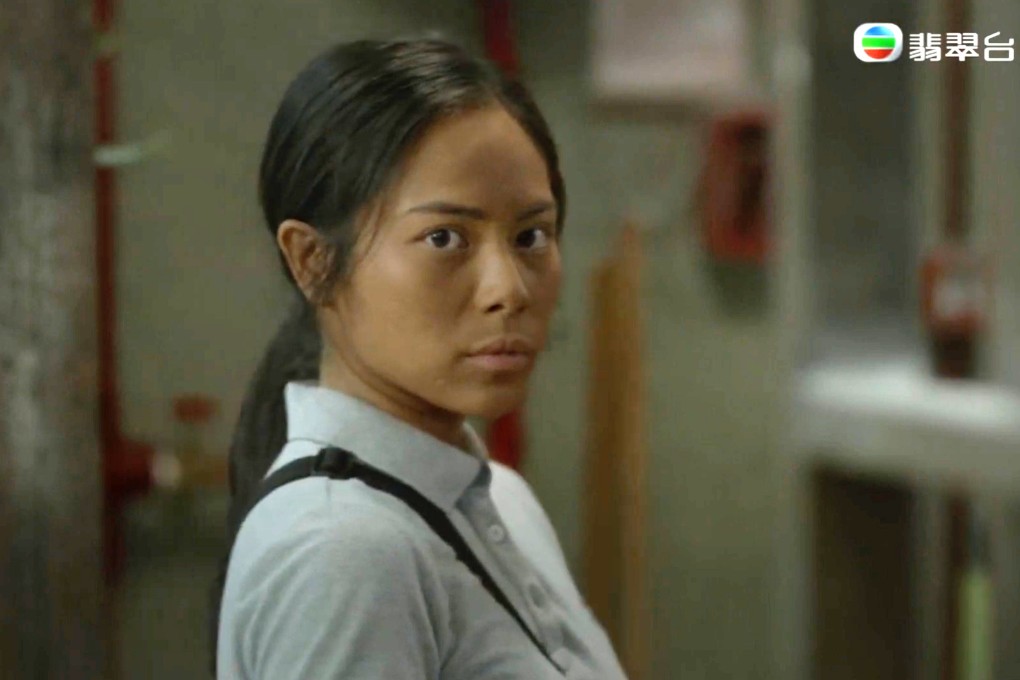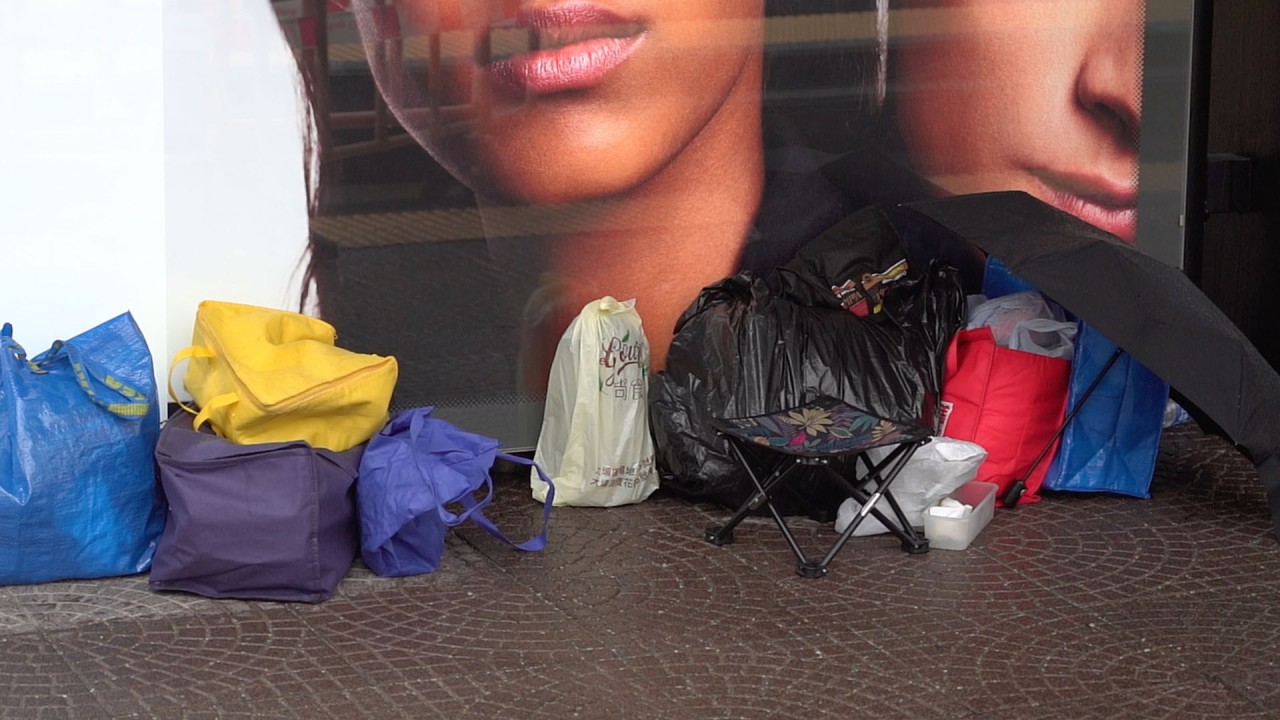Advertisement
Opinion | Brownface episode a reminder Hong Kong has work to do on racism
- The controversial TV episode is only the tip of the iceberg of the city’s collective failing of residents from ethnic minority communities
- Hong Kong’s treatment of domestic workers, Chinese language learners and others shows talk of equality and reform remains lip service at best
Reading Time:3 minutes
Why you can trust SCMP
12

A recent episode in a local TV drama featuring a character in “brownface” has been widely panned for its cultural insensitivity, propagation of stereotypes and blatant offensiveness – and rightly so. The fault rests not with the actress per se but the set of decisions that culminated in having an ethnically Chinese actress portray a Filipino domestic worker.
Advertisement
In the face of this criticism, some have asked what is wrong with actors modifying their appearance to play a particular part. Yet what this response misses – and also reveals – is that one’s ethnicity is neither a colour nor merely a cosmetic affair.
To think that one can convincingly and authentically transmit an ethnicity, culture, set of values and traits distinctly embedded within the lived experiences of people from that background by just putting on an accent and darker make-up reflects the structural insensitivity we have towards the anxieties and frustrations of foreign domestic workers in this city.
Unfortunately, this is only the tip of the iceberg of our city’s collective failing of residents from ethnic minority communities. The ongoing pandemic has seen a plethora of bigoted, even dangerous presumptions propagated concerning migrant workers in our city.
Portrayals of ethnic minority groups as “dirty” or “unhygienic” by virtue of their communal gathering practices have exacerbated problems such as verbal discrimination, expulsion of domestic helpers from their homes and more.
This, in turn, plays into the more long-standing problems of misrepresentation of asylum seekers as “fake refugees”, failure to institutionally recognise and enshrine the rights and welfare of migrant mothers and the systemic failure to root out ethnicity- and religion-based discrimination by employers. In a survey of 5,023 domestic workers conducted in 2019, 15 per cent of respondents reported physical abuse during employment.
Advertisement

Advertisement
.png?itok=bcjjKRme&v=1692256346)
